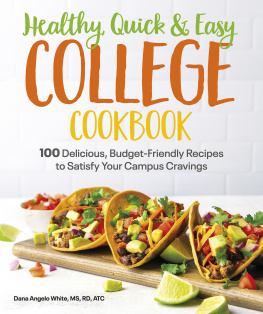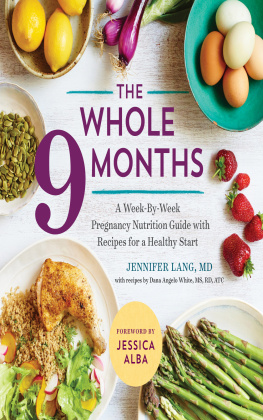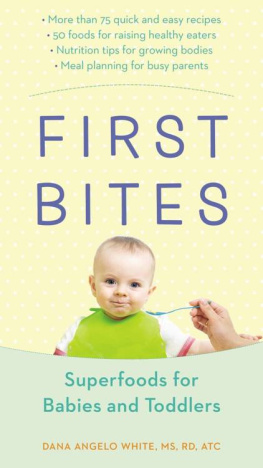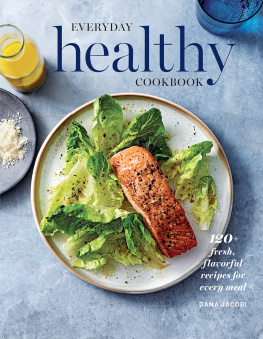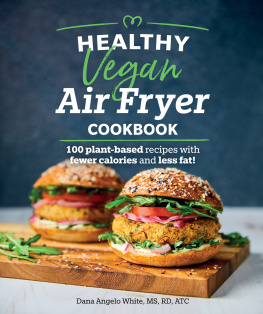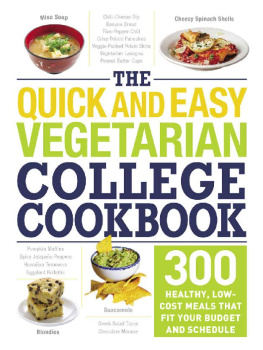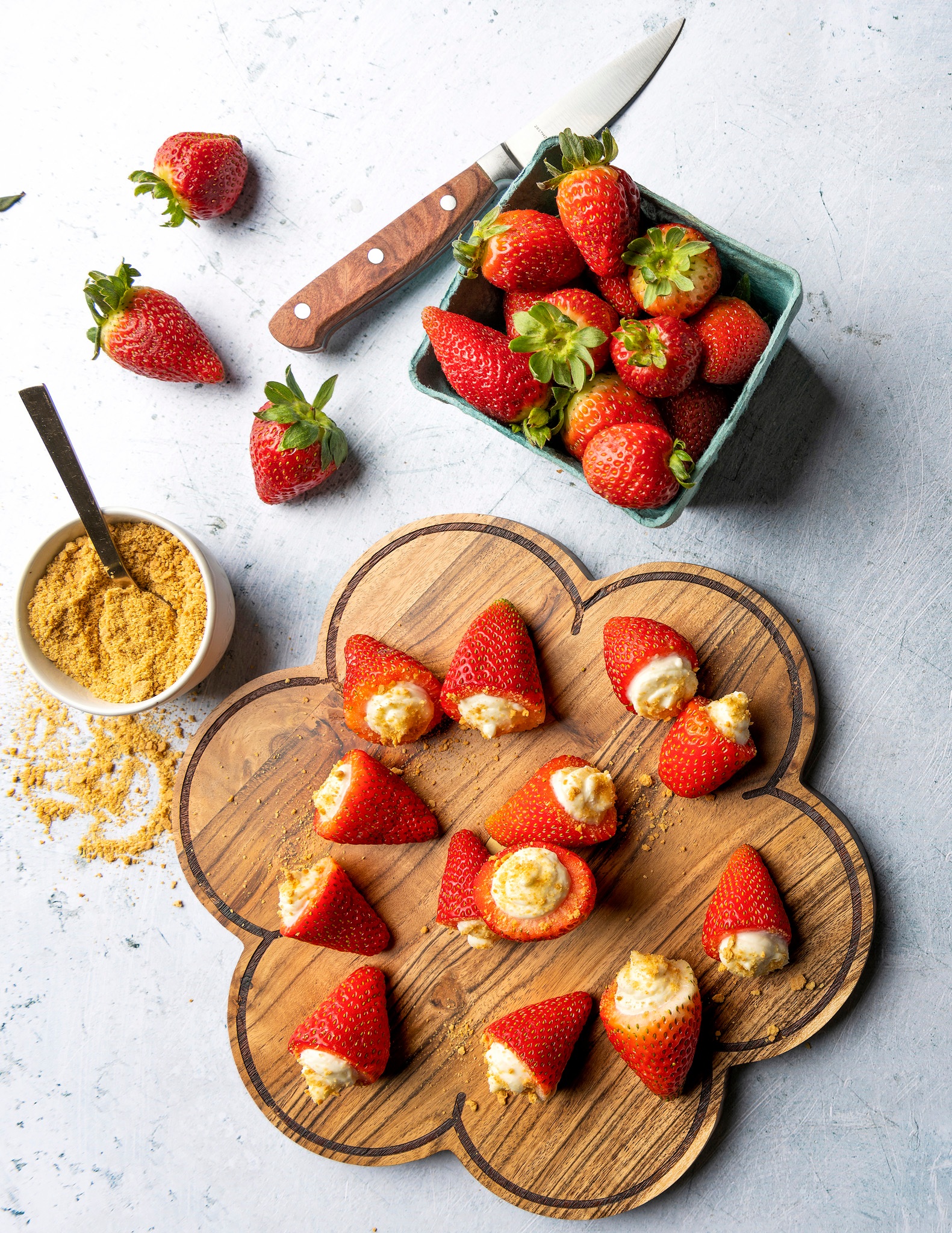Contents
CONTENTS
HOW TO USE THIS EBOOK
Preferred application settings
For the best reading experience, the following application settings are recommended:
- Orientation: Portrait
- Colour theme: White background
- Scrolling view: [OFF]
- Text alignment: Auto-justification [OFF](if the eBook reader has this feature)
- Auto-hyphenation: [OFF](if the eBook reader has this feature)
- Font style: Publisher default setting [ON](if the eBook reader has this feature)
g
Introduction
You probably dont need me to tell you that healthy eating is important, but I want to explain whyit is so important.
As a college professor and sports dietitian for over 15 years, I have seen firsthand the most common pitfalls for college studentslife events and bad habits that eventually lead to unhealthy food choices, that end up becoming regular meals. Busy class schedules, campus activities, and more independence are all good things (great things, actually), but they often can interfere with the practice of healthy eating unless you dedicate yourself to making it a priority in your daily life. Making healthy choices, shopping for yourself, and nourishing your body with healthy food is vital not only for health, but also for life! Many students lack these basic skills when they go away to school, but with a little effort, youll discover its not that hard to get in the practice of cooking and eating healthy food, while also managing your busy college life.
Let these recipes be your guide to fueling and energizing your college days, and let them help build the foundation for healthy habits for life!
Dana Angelo White
g
PART 1
GETTING STARTED
GETTING STARTED | Contents
g
Healthy Eating 101
Welcome to the campus life! Youre probably experiencing a lot of new things as you take this next step in your life, and cooking for yourself is one of them. But I want you to know that cooking and eating healthy food can be fun and not a chore! Before you embark on cooking and eating healthier, its important to understand some basic nutrition concepts so you can change your eating habits and fuel your body properly. Understanding these simple concepts will help you build healthy meals and enjoy healthy snacks without adding more stress to your life!
What is Energy?
Despite the name, energy is not found in energy drinks, and its not found in coffee, supplements, or other caffeinated beverages like soda or tea. Energy comes from calories, and in order to produce the energy your body needs to function on a daily basis, your body needs lots of them! But how many calories does the average student need? That depends on a lot of factors including, but not limited to, your body composition, your activity levels, your stress levels, and how much rest you get. Students are always surprised to learn how many calories they really do need to function at their best, and they also tend to learn the hard way that trying to cram their daily calories into 1 or 2 meals just doesnt cut it. It can result in unhealthy snacking, fatigue, disrupted sleep, and other less-than-ideal habits and side effects. Your daily calorie intake should be spread throughout the entire day and over three balanced meals, with satisfying snacks that are spaced around your classes, activities, and training (if you are an athlete).
Also, where those calories come from matters! Yup, cookies have calories, and while I totally support satisfying those sweet cravings from time to time, the majority of your calories needs to come from healthy foods to ensure you are giving your body and mind what they need.
Macronutrients: Carbohydrates, Fats, AND Protein
Carbohydrates, fats, and proteins as a group are called macronutrients, and they are where you get your energy from.

